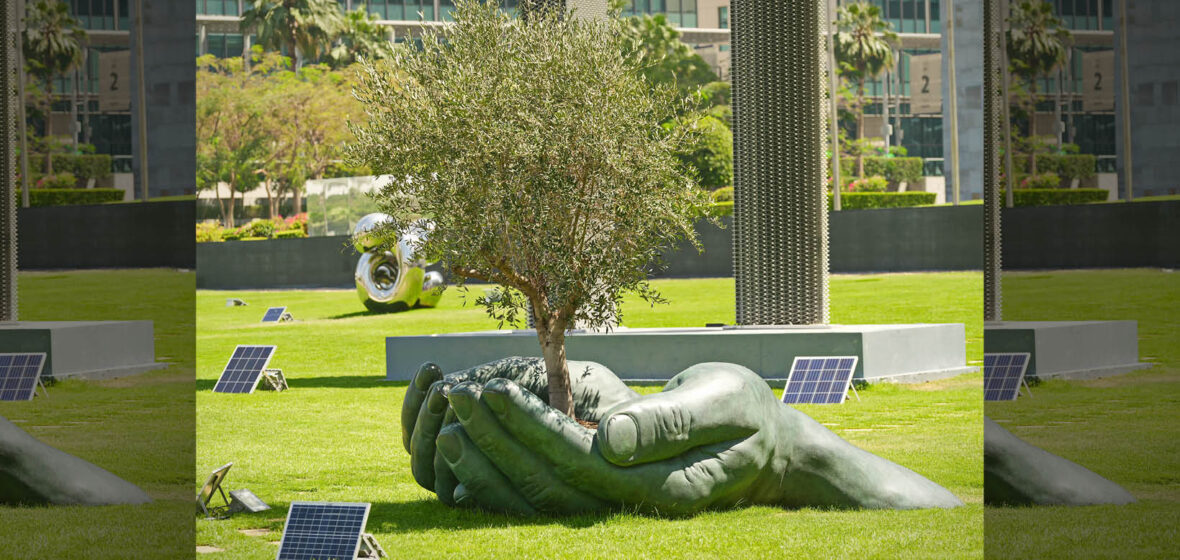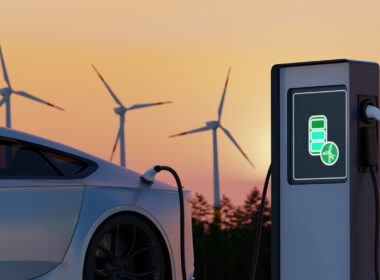On 30 November, COP28 welcomed world leaders and representatives in Dubai to discuss the most pressing global climate change concerns. The Conference of Parties (COP) to the United Nations Framework Convention on Climate Change will proceed intensively until 12 December.
This year, Minister for Climate Change and Energy Chris Bowen and Assistant Minister for Climate Change and Energy Senator Jenny McAllister are attending on Australia’s behalf. Australia is one of the largest fossil fuel exporters in the world, so the pressure is on to commit to improvements.
President’s key priorities
The core work of COP28 is the same as it has been in previous years: an opportunity to revisit goals and intentions set at past COP summits, while also presenting new targets and achievements by attending nations. Dr Sultan Al Jaber, President-Designate of COP28, has defined four priorities:
- Reducing emissions before 2030 by fast-tracking the energy transition and phasing down demand for, and supply of, fossil fuels.
- Setting the framework for a new deal on climate finance, with an emphasis on providing adequate financing to developing economies vulnerable to the physical impacts of climate change.
- Positioning nature and communities at the heart of climate action, by way of putting a human face on policy choices and focusing on delivering holistic outcomes on nature, food and agriculture, health, water, and relief and recovery.
- Inclusion and collaboration with women, Indigenous Peoples, local communities, people with disability, youth, subnational actors, and faith-based organisations – a priority to ensure collective and ambitious outcomes are achieved.
Fund updates
At COP27 in Egypt last year, a fund was established to address “loss and damage”, so this year the focus will be on making that fund operational.
The first day of COP28 saw an agreement to operationalise the loss and damage fund, which compensates poorer countries that are disproportionately suffering the effects of climate change. UN Secretary-General António Guterres called on leaders to “make generous contributions and get the Fund and the Climate Conference started on a strong footing.”
Critics have pointed to the shortfalls: all contributions to the fund are voluntary and there are no firm ongoing financial commitments from wealthier nations. The World Bank is hosting the fund on an interim basis, according to conditions laid out in the agreement.
The UAE pledged $US100 million to the fund, as did Germany. The US has pledged much less: $US17.5 million, which still requires approval from Congress. It is a menial amount, considering that the Pakistan floods in 2022 cost that nation over $30 billion. At the same time, the US annual military budget for the financial year 2023 was $US816.7 billion.
According to the Climate Council of Australia, in the 20 years between 2000 and 2020, 7,348 natural disasters were recorded which have impacted over 4 billion lives, with US$2.97 trillion in economic losses.
The scale of funding required to address loss and damage will be outlined in the Global Stocktake, which assesses global progress towards Paris Agreement goals. The funding required has been estimated to be $US150–400 billion per year by 2030.
Australia’s commitments
Australia has not yet committed an amount to the loss and damage fund.
Prime Minister Anthony Albanese has voiced his desire to host COP31 in 2026 along with neighbouring Pacific countries, so there is an inherent pressure on Australia to show up with some firm declarations and readiness to embrace global agreements to phase out fossil fuels and invest in renewable energies.
‘There is an inherent pressure on Australia to show up with some firm declarations and readiness to embrace global agreements to phase out fossil fuels and invest in renewable energies.’
Along with 117 other countries, Australia has promised to triple renewable energy capacity by 2030. China and India are the major outliers, not making this commitment pledge. Over 100 countries committed to strengthen climate action in healthcare and farming, but, along with an additional 22 countries, did not commit to triple nuclear energy capacity by 2050.
Prior to the final COP28 agreement being enshrined at the completion of the summit, Australia will be part of a discussion over the terms “phased down” or “phased out” regarding fossil fuels. Saudi Arabia, China and India have resisted calls at prior COP summits to agree upon “phasing out” fossil fuels.
In 2015, COP21 resulted in a global agreement to undertake actions to cap global warming at 1.5 degrees Celsius compared to pre-industrial levels. That goal requires a halving of emissions by 2030, leaving little time for world leaders to plan and implement significant changes to meet this target.
Bridging the finance gap?
Perhaps to deflect criticisms of the UAE leaders, including allegations by the BBC that they have been seeking to firm up oil and gas contracts with nations attending COP28, UAE President Sheikh Mohammed Bin Zayed announced a fund of $US30 billion, named ALTERRA, to bridge the gap in climate finance for poorer nations. Its goal will be to stimulate investment of $US250 billion by 2030. ALTERRA will assign $US25 billion towards climate strategies, and the remaining $US5 billion will be allocated to investment in the Global South.




